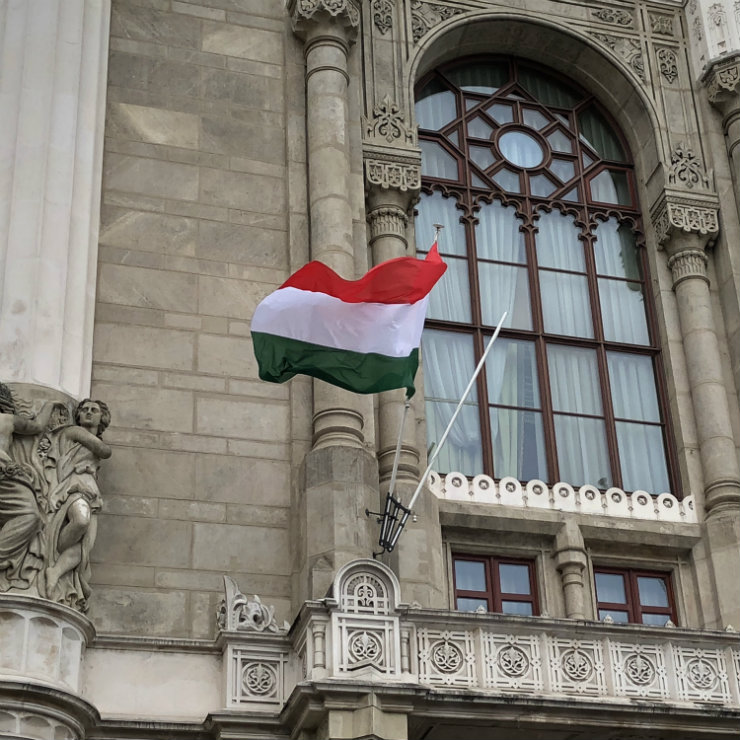
The Eastern Opening (Keleti Nyitás) is a major economic strategy of Hungary. Prime Minister Victor Orbán has an objective to reduce the dependency of the Hungarian economy on trade with the West through increased commerce with...
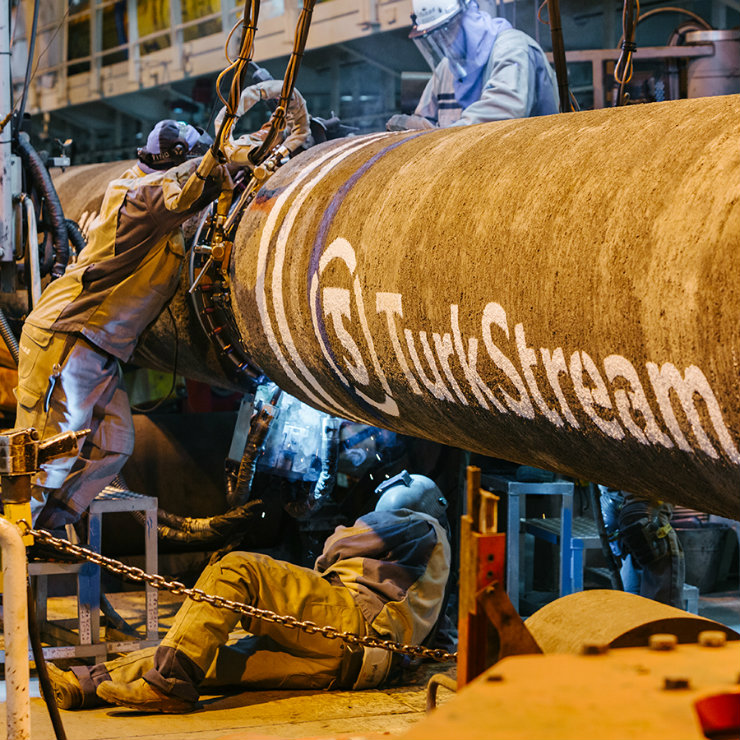
The Serbian Ministry of Mining and Energy and Russian gas company Gazprom have signed an agreement on the construction of LNG stations in Serbia. In March, the Serbian government said it was considering the construction of four...
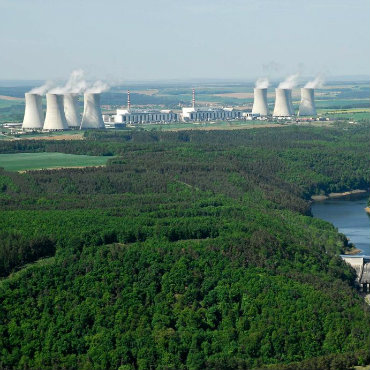
In July, the Czech government gave preliminary approval for Elektrárna Dukovany II, a subsidiary of an energy company ČEZ, to build at least one new nuclear power unit in the country.
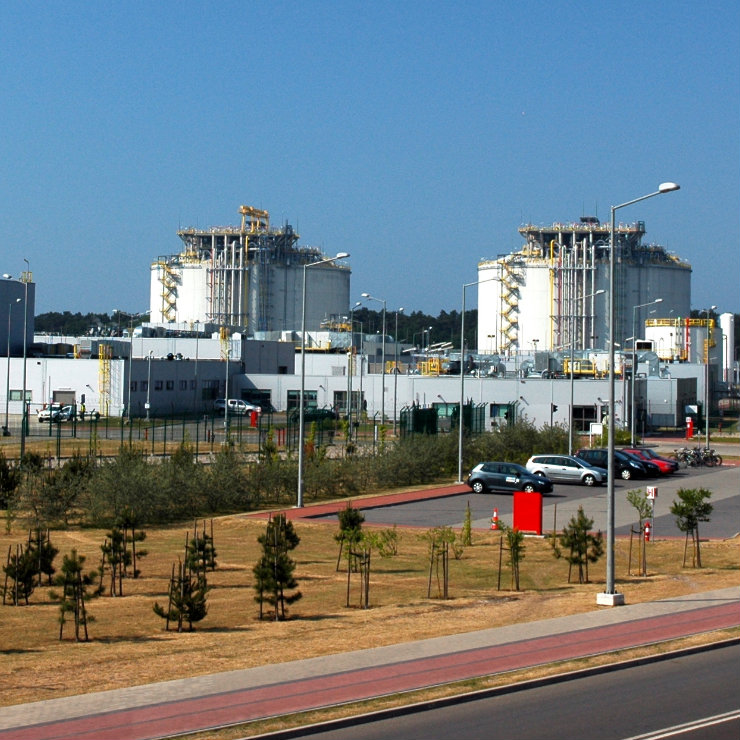
LNG and Norwegian gas should allow Poland to become independent from Russian gas, but Nord Stream 2 project is perceived as a possible threat to country’s energy security.
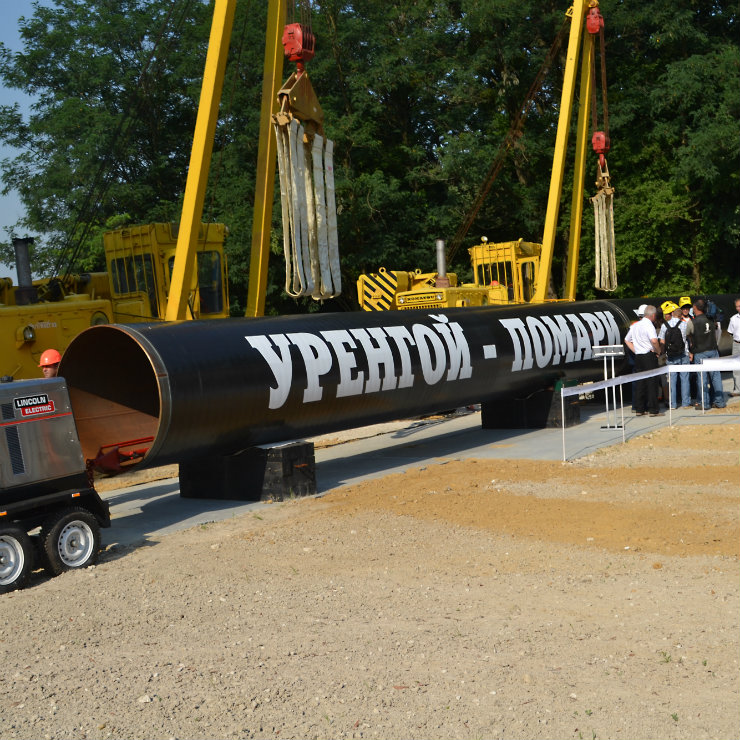
In the next five years, Ukraine could turn from an importer to an exporter of natural gas — argues Prime Minister Volodymyr Groysman. The country wants to achieve this goal by increasing gas extraction while reducing its...
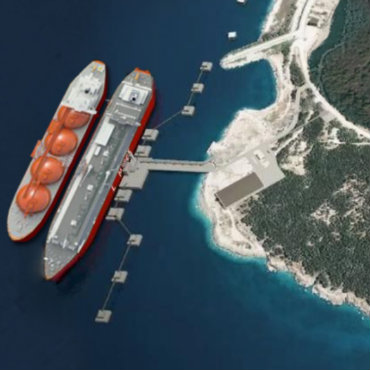
A multipolar network of energy hubs is emerging in the Central and Southeast Europe. The political dynamics of the interconnection process, between Russian sources and new sources from the US and elsewhere, leave some nations in...
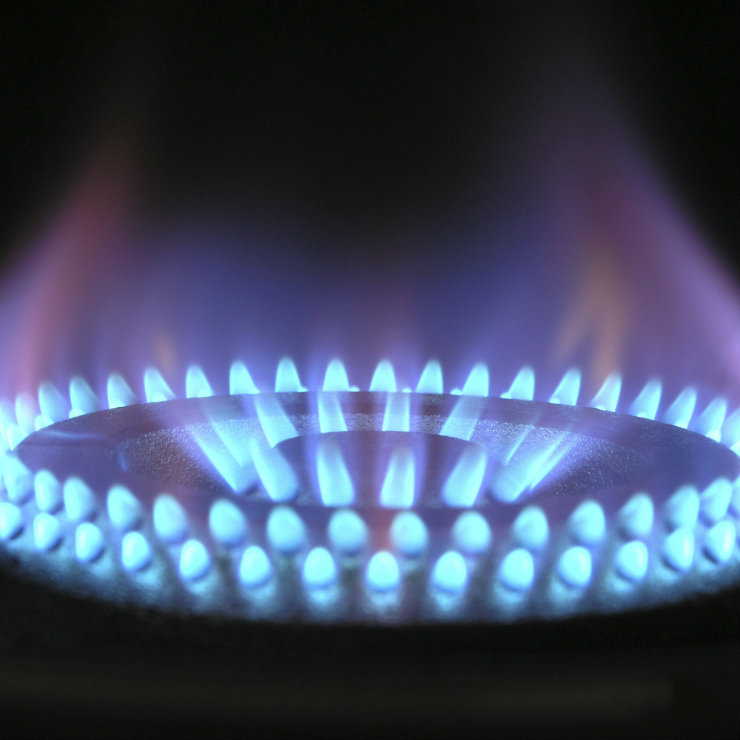
In 2018, Poland's state-owned oil&gas company, PGNiG signed long-term agreements for liquefied natural gas (LNG) deliveries from the US companies.
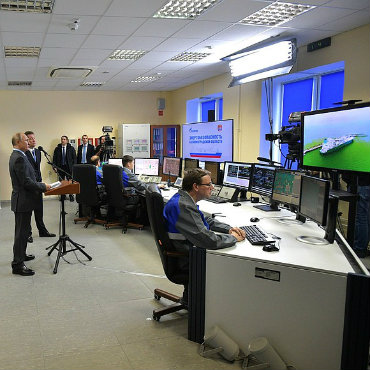
Russia has recently launched a new power plant to make its Kaliningrad exclave electricity and gas self-reliant, as its EU neighbors unplug their power grids from Russia.
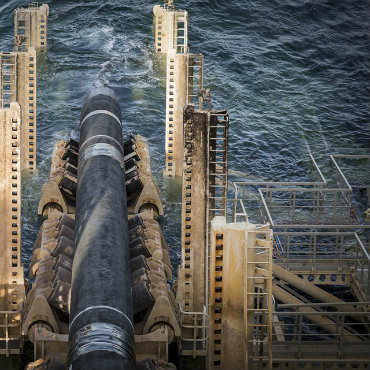
In February, EU officials agreed to amend the Gas Directive adding new rules for gas pipelines to and from third countries. The long-debated measure is aimed at the Russian-supported Nord Stream 2 pipeline.
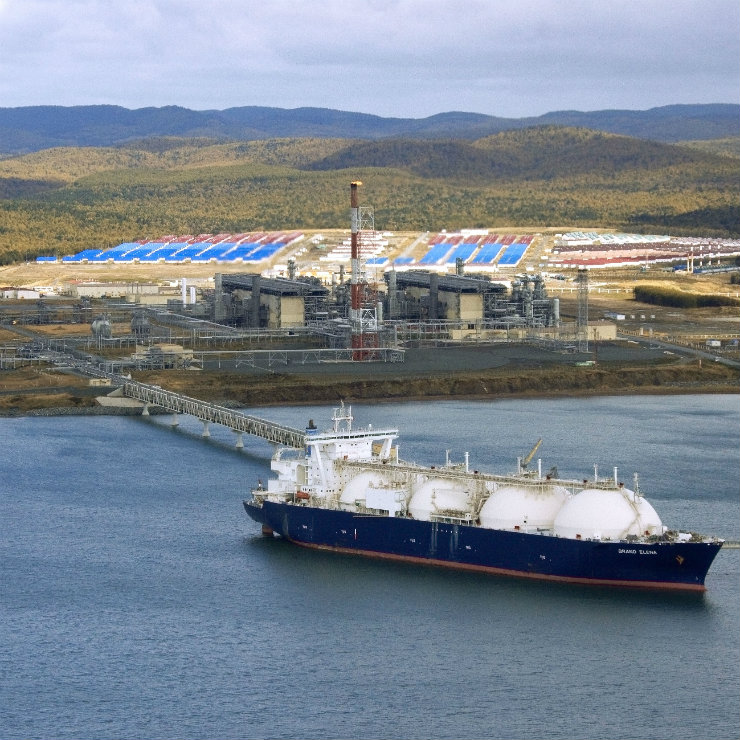
Russia as a leading global producer and exporter of conventional natural gas underestimated the revolution associated with the development of the global liquefied natural gas (LNG) market.